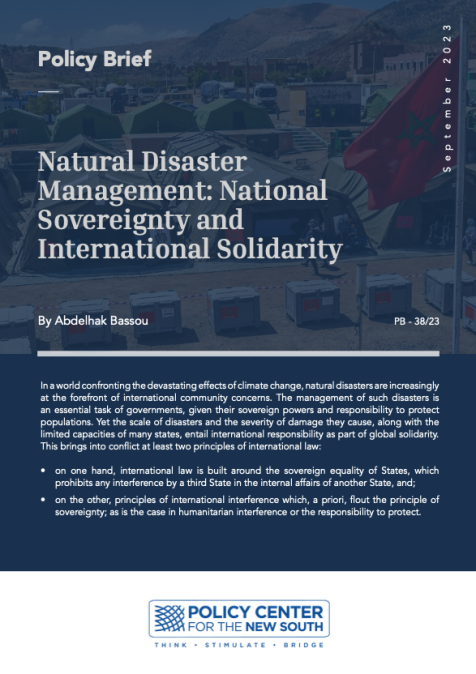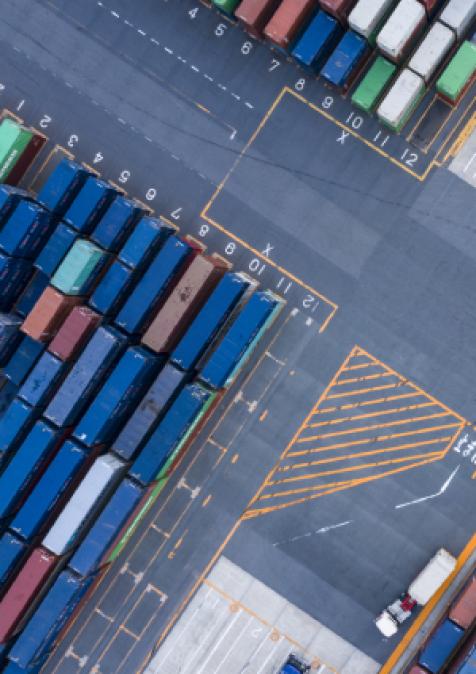Chair
- Suma Chakrabarti, Chair of ODI Board, United Kingdom
Presenter
- N.K. Singh, Chairman, Fifteenth Finance Commission of India; Co-Chair, G20 Expert Group (IEG) on MDBs
Discussants
- Carolina España, Executive Vice President, CAF - Development Bank of Latin America
- Rebeca Grynspan, Secretary General, United Nations Conference on Trade and Development (UNCTAD)
- Homi Kharas, Senior Fellow – Global Economy and Development, Center for Sustainable Development, Brookings Institution
- Donald Kaberuka, Former President, African Development Bank (AfDB)
- Vera Songwe, Chair, Liquidity and Sustainability Facility; Co-chair of the High-Level Panel, Finance for Climate Action
- Woochong Um, Managing Director General, Asian Development Bank (ADB)
Closing Remarks
- Enrique Garcia, Former President and CEO, CAF - Development Bank of Latin America








